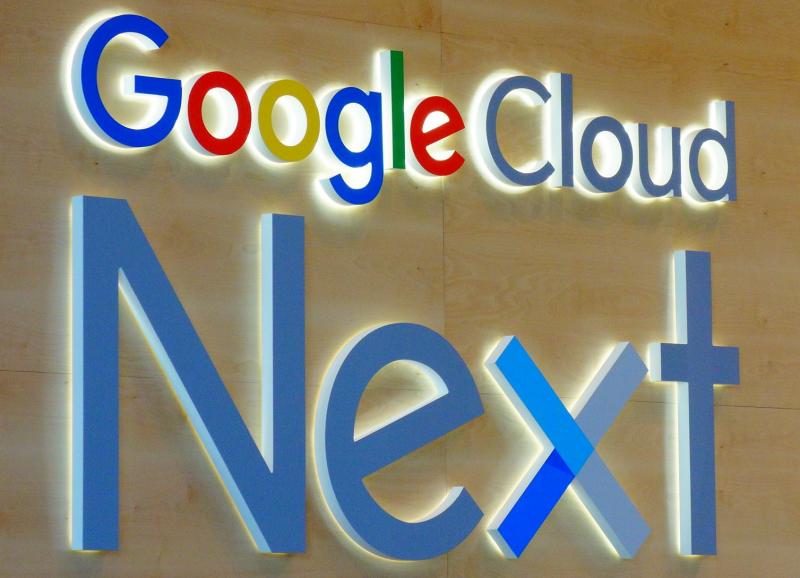Google Next 2017 Review: Google Cloud Is A Serious Contender In the Public Cloud Space

With Nigel Fenwick and Glenn O'Donnell
In the past few years, Google has made concerted efforts to target the enterprise cloud computing space. At Next 2017, more than 11,000 customers, partners, developers, and analysts joined Google in San Francisco to learn more about Google Cloud’s latest enterprise updates. We compiled this post following a review of the event with all the Forrester analysts who attended. Here’s our quick assessment from a CIO and CTO perspective:
- Google Cloud’s enterprise pitch as a public cloud vendor has potential for tech leaders. Google primarily competes with AWS, Azure, and IBM in the cloud platform segment. Our impression is that Google offers superior technology compared with many other vendors in the enterprise space – but not all. Google has a good IaaS story, but its PaaS capabilities lag behind AWS. Google is not about to dethrone AWS or Azure right now, but it has a good chance to become a powerful competitor to them as it expands globally.
- Google Cloud builds AI into its cloud offerings. Google understands that cognitive capabilities will be the next strategic differentiator for cloud vendors. Its strategy is to leverage its vast treasure trove of data to help customers gain insights that they can use to drive revenue. If executed well, this could give Google a formidable competitive advantage. To reinforce its AI capabilities, Google recently hired the Director of the Stanford Artificial Intelligence Lab and the Stanford Vision Lab on secondment from Stanford. But turning academic capability into business outcomes isn’t easy. With the help of its partner ecosystem, Google may be successful in creating a cognitive cloud platform to rival IBM Watson. Google Cloud announced early AI customers, including Airbus, Evernote, HSBC, and USAA. We expect Google to continue investing in AI technology capabilities to carve out market differentiation in this area.
- Google Cloud doesn’t deliver sector insights or sector-specific business process expertise. To be fair, Google doesn’t pretend to have such expertise either. It is a technology provider and relies on partners for vertical industry knowledge. To make progress, Google must improve its understanding of the differences between B2C and B2B requirements and expectations. Awesome technology only gets you so far. Moreover, Google must demonstrate that it can scale its offering globally as well as outline how it intends to meet the many different and increasing regulatory and compliance-related challenges.
- Google Cloud’s systems integrator (SI) partners are leading business process redesign. CIOs and CTOs looking for a business process solution provider will need to consider vendors that provide platform services, such as IBM. Google shows signs of learning from AWS, which was weak in selling to “enterprises” even just a few years ago. AWS opted to sell an on-demand toolkit to build amazing things without needing lengthy negotiations with IT departments and costly implementation deals involving global systems integrators. AWS created a solution and SI partner network to build and run services on the platform and to explain the platform to enterprises on its behalf. Like AWS, Google has worked to grow its own partner ecosystem among SIs to help these partners sell into the enterprise. While Google has already established partnerships with Accenture, Deloitte, and PwC, it is still building a more extended ecosystem. But although Google currently lags its competitors in this area, it has the resources to catch up.
- Google Cloud must improve its messaging to reach more C-suite buyers. Google is, without doubt, a great tech company, but the overriding impression among Forrester analysts attending the event was that Google Cloud has considerable room to improve its overall enterprise messaging. While Google Cloud made 100 technology announcements at the event, this is generally not how CIOs or CTOs screen the vendor landscape for new strategic partners. To win beyond its cloud pitch, Google needs to improve its storytelling: The Google Cloud narrative must focus on selling its strategic business outcomes, demonstrating how it partners with customers to drive their revenues, and packaging its amazing technology capabilities into coherent product suites for business success.
